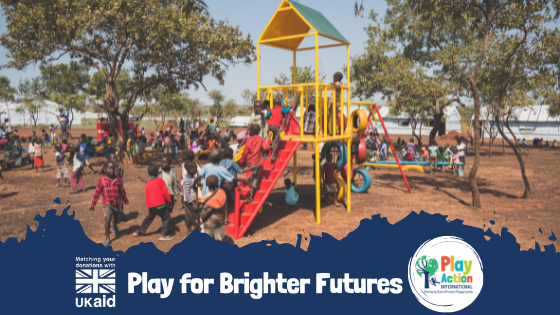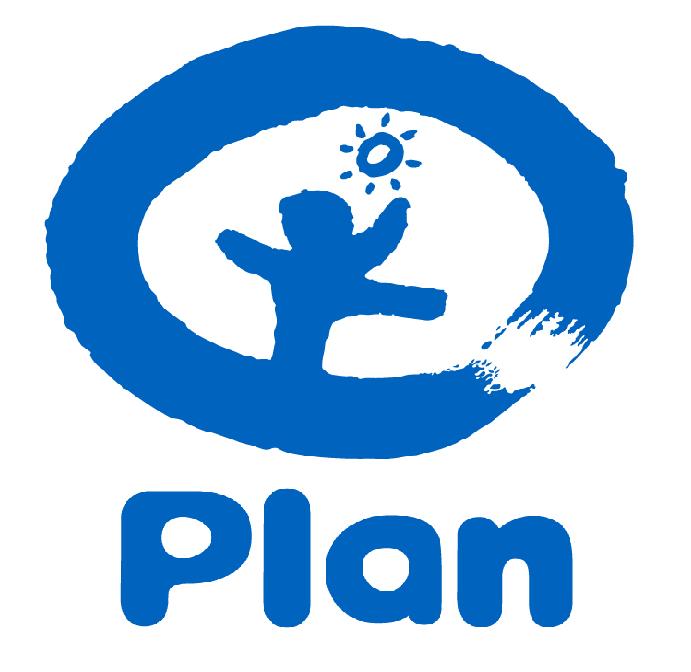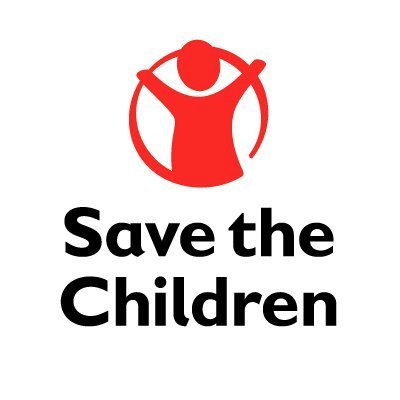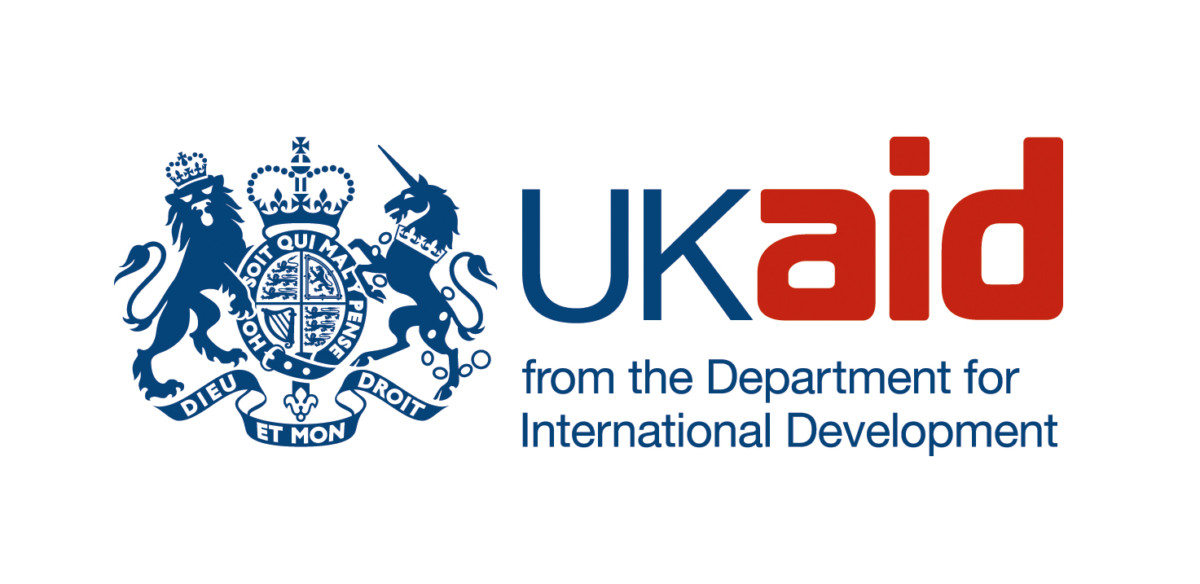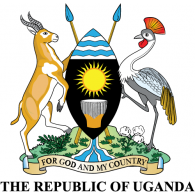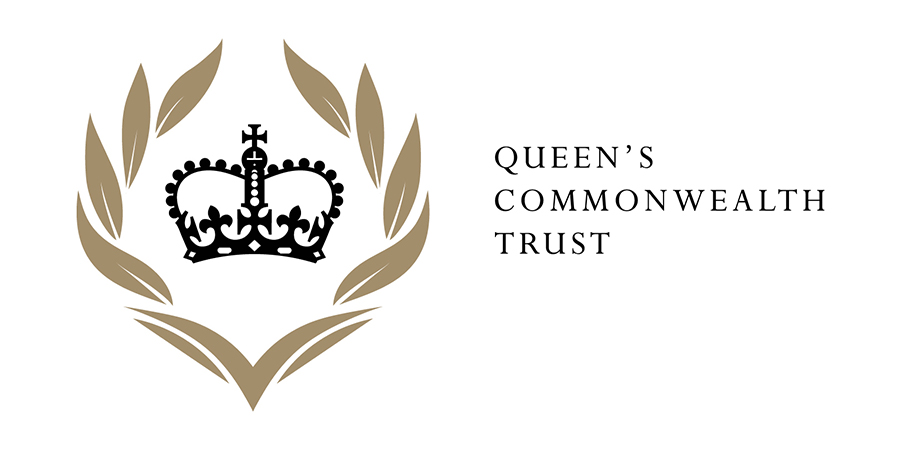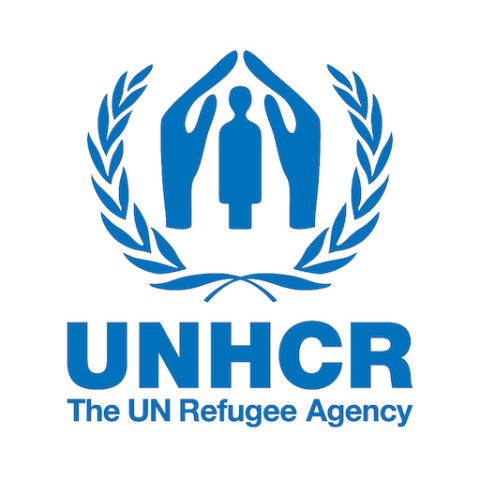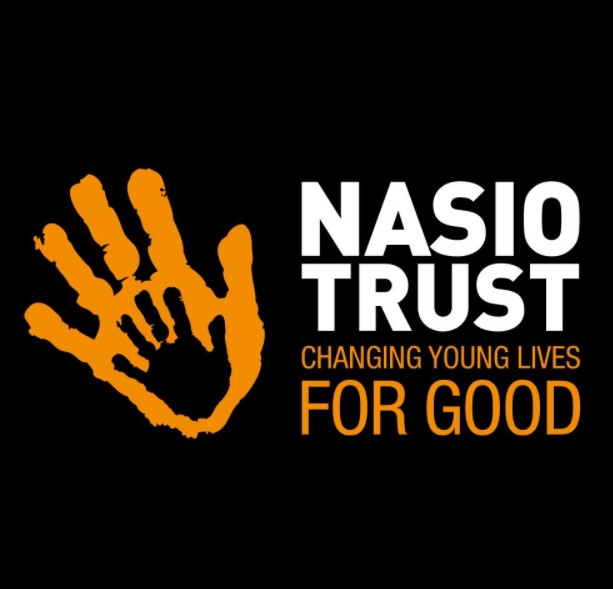In 2021, we announced we had raised £236,576, including £106,152 of UK government match funding, as part of our ‘Play for Brighter Futures’ UK Aid Match Appeal. The appeal was launched to respond to the growing need for refugee children in Uganda to have greater access to health, wellbeing and education through Play Action’s transformative play programmes.
57% of children living in Bidibidi, Uganda’s largest refugee settlement, where the funds raised have been utilised are missing out on early years education, even prior to the COVID-19 pandemic. Their long-term outcomes are severely impacted, and the global pandemic has compounded their basic rights to access health, wellbeing and education resources that are a lifeline to these children, many of whom have experienced significant trauma in their early lives.
As a result of the much-needed funding Play Action received from the UK Aid Match Appeal, the organisation has since been able to construct five playgrounds in five refugee ECDs (Early Childhood Development Centres) where thousands of children will be able to enjoy the benefits for play for years to come. Four monthly training sessions for 60 educators in play-based learning have been held to enhance understanding about the importance of play interventions in ECD learning. In addition, sensitisation of 100 community members on the role of play for a child’s growth and development.
Despite these successes, challenges were faced, largely owing to the COVID-19 pandemic, including restrictions that led to operational difficulties as ECDs were closed from March 2020 for nearly two years, resulting in fewer children being able to access the safe and exciting playgrounds that had been installed. With recurrent restrictions, the UK Aid Match programme was suspended for three months and so implementation and review of the play programmes was limited.
However, Play Action, an innovative and agile international NGO used its 12+ years’ experience to adapt even during a global pandemic. The team subsequently adapted the implementation of the programme to take the playground to the community, using the Play Action ‘Loose Parts Play’ programme which incorporate the Nüdel Kart (a deconstructable kart full of playful possibilities) to produce play-based interventions. This was the first time Play Action had implemented this programme in a refugee-based setting. Early monitoring and evaluation of the project has shown it to be an effective way of brining the joys and benefits of play to disadvantaged children like those living in Bidibidi.
With further parts of the project still to be implemented, the adaptation of the current programme and reopening of areas of society in Uganda that will further facilitate successful project work and ultimately, enable refugee children to process their emotions from trauma and access the health, wellbeing and education they deserve.
Murielle Maupoint, CEO of Play Action International is delighted by the project outcomes so far. She says “COVID-19 has had a devastating impact on communities globally, no more so than for children and adults alike living as refugees. These children have experienced unimaginable trauma in their short lives and have been robbed of their childhood. Although it has been challenging to deliver our programmes with so many restrictions, I am immensely proud of the team for rising to the challenge of adapting our work to ensure the children we are working to support, have access to play. I hope that international communities continue to donate to important projects like the UK Aid Match Appeal – the difference made to the lives of thousands is profound.”
The next stage of this exciting project looks bright. The Loose Parts Play programme will continue in the communities where it has already begun to be rolled out, building on early successes, taking place in February 2021. This scaling up will see an average of 20 play-based community sessions per week, enabling 800 children to access play-based developmental activities within the community. As a result, more play facilitators will recognise the way that play can be utilised as a tool for learning and caregivers will see the far-reaching benefits also. By creating further safe, fun and active environments for disadvantaged children to play in, their futures can be brighter.
